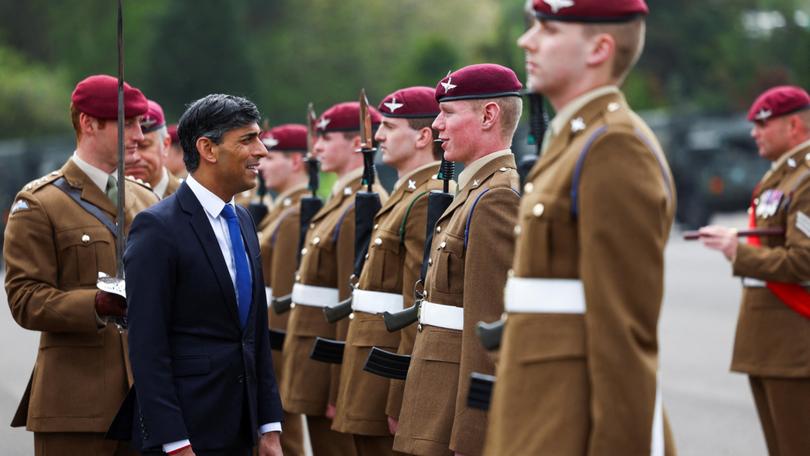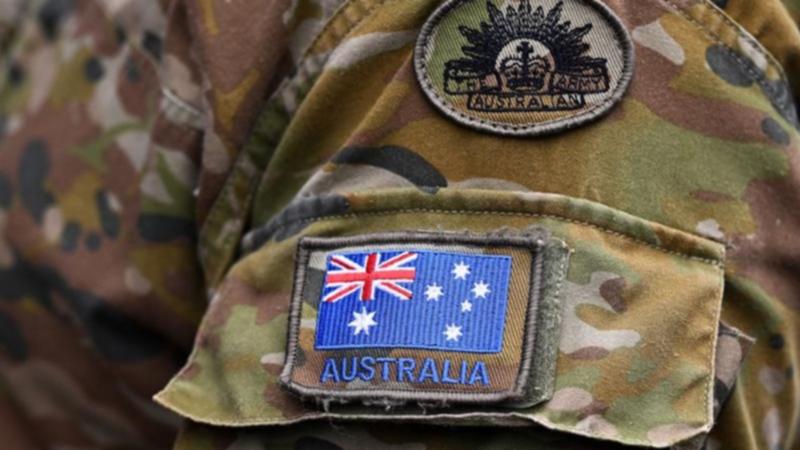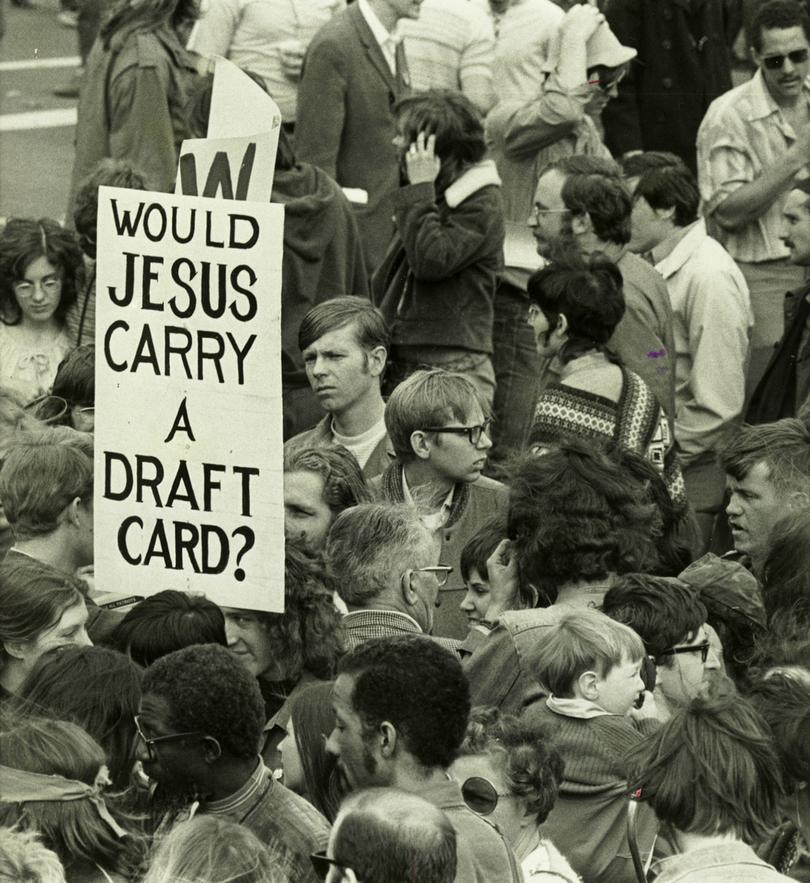JENI O’DOWD: Gen Z may hate Rishi Sunak’s national service plan, but the Conservatives aren’t after their vote

I am a self-confessed election junkie. Anytime, anywhere, I can’t get enough of politics. And the upcoming British election has me particularly captivated after Prime Minister Rishi Sunak announced he would bring back national service if his party wins power again on July 4.
Sunak, whose party is way behind in the polls, is either very stupid, very brave, or very smart. Or, when you look at how far behind he is in the polls, very desperate.
Britain’s ruling Conservative Party said if it won power again, 18-year-olds would either choose to join the military full-time for 12 months or spend one weekend every month volunteering in their community over a year. And this would happen as early as September next year.
Sign up to The Nightly's newsletters.
Get the first look at the digital newspaper, curated daily stories and breaking headlines delivered to your inbox.
By continuing you agree to our Terms and Privacy Policy.The scheme would “create a shared sense of purpose among our young people and a renewed sense of pride in our country,” Mr Sunak said, adding: “This new, mandatory national service will provide life-changing opportunities for our young people, offering them the chance to learn real-world skills, do new things and contribute to their community and our country.”
The outcry on Gen Z’s choice of media — TikTok — is fascinating and hilarious. It even led to one young British influencer being invited to appear on a morning British television show with a panel to discuss the move.
But here’s where it could be a shrewd political move: in 2024, a poll found the political party that 18 to 24-year-olds in Great Britain would be most likely to vote for was the Labour Party — at 68 per cent — while among those over 65, the Conservative Party was the most popular —with 33 per cent intending to vote for them.
So it’s not like this group would vote for them anyway, and older generations (especially Boomers) love the thought of discipline and putting kids in line.
And it’s not a new idea — several European countries, including Norway and Sweden, have some form of temporary national service, which is very popular in those countries.
A cynic would look at this move amid the world’s unrest. Russia and Ukraine are in a full-scale war, there are growing threats from China, North Korea is becoming increasingly aggressive, and the potential for war with Iran in the Middle East means the world is more dangerous now than at any time since the Cold War.
So, could national service happen in Australia? Both major political parties have already swiftly ruled it out.

However, as the Sydney Morning Herald’s Peter Hartcher pointed out, the 2023 National Defence Review said Australians would need a complete change of mindset if the country faced a grave risk, advocating for a “whole of nation approach”.
As Hartcher notes, if you are talking about the whole nation, you are talking about enlisting people outside the professional military. And while no one predicts such a situation, the possibility is clearly in the air.
A boomer friend of mine reflected the attitude of many in his age group — that some form of national service for young Aussies would be a good thing as it would give a “soft” generation structured discipline.
Taking that thought further, if the Government gave young people education credits for HECS or perhaps a reduction in stamp duty when they bought their first home in exchange for national service, the benefit would flow both ways.
National service is not conscription. It does not need to have a military element, and it could be something where young people help the environment, provide social assistance programs, or work during a natural disaster.
The number of young Australians taking gap years after finishing high school has boomed. Instead of spending a year travelling the world, they could help their country in exchange for their country helping them.
Any debate over national service is certain to be contentious. Think back to the Sixties and Seventies, when most 20-year-old Australian men had to register for national service between 1965 and 1972. (The newly elected Whitlam Government ended it in 1973.)

National service in Australia was unpopular due to the arbitrary “birthday ballot” conscription method and widespread opposition to the Vietnam War, leading to significant social and political protests.
And, are today’s Gen Z up to this type of challenge, even if it is in the form of community work? The voluntary Duke of Edinburgh Award, which requires community volunteering and a hard physical element, such as a long hike over a few days with minimal essentials, has mixed results.
For instance, while more than 30,000 young people start at the bronze level during high school, only about 2000 reach the more demanding gold level, despite the incentive of extra ATAR points. My friend’s daughter’s utter disgust at the idea of hiking without a shower, toilet, or decent meal highlights the difficulty many face. Others refused to give up their weekends for community work.
Ultimately, the debate over national service is complex and multifaceted. While the challenges and historical baggage are undeniable, potential benefits could make it worthwhile.
And with apologies to my three gen Z daughters, as we navigate an increasingly uncertain global landscape, it may be time to reconsider how we prepare our younger generations for the future.
I cannot wait to see how the British election plays out and whether the majority endorses — or wholeheartedly rejects — Rishi Sunak’s controversial proposal.
